I recently received a lengthy email with a number of questions, and thought it might be helpful to share the Q&A (with the permission of the sender, of course).
So without further ado…
Q: You say on many occasions that you dislike self-help gurus and I agree with you. So many of them have questionable track records. Your knowledge of Napoleon Hill’s background was an eye opener for me. But I’ve been an avid listener to Abraham-Hicks material, and that’s probably why I was drawn to you and your work, because you echo so many of the principles they talk about, i.e.:
You are what you’re thinking, even more what you are feeling… Get into action when you are aligned with your dreams/intentions… Don’t try to figure out the how, that’s the universe’s job… Don’t watch the news… The universe doesn’t care if what you’re thinking is real or not so don’t be fixated on reality… Everything you desire is a stick with 2 ends — the ‘having of it’ and the ‘not having of it’… Knowing is stronger than believing…
I can go on and on, but my question is, do you know them? Do you consider them as ‘New Agey’ like the other ones? I’m not a disciple, but I see so many similarities between the two of you…
A: In the course/experience of Transformation, we learn that there is no such thing as empty space. All ‘space’ is connected by an energy field called the Higgs Field (long postulated, finally confirmed in 2012). I like to call it ‘cosmic glue’ as it’s the thing that binds everyone and everything to everyone and everything.
When we learn to deepen our connection to and through this field, we can tap into sources of greater knowledge. Contrary to what many might think, humans are not the most intelligent creatures in the universe, so it’s not surprising when people like Napoleon Hill or Esther Hicks or Trevor Blake receive and transmit the same messages.
It’s not ‘we’ that create the ideas and messages… but a greater source that we know how to tap into. Our role should be simply to transmit them.
Unfortunately, in that process some transmitters can get caught up in fame and adulation and start to behave as if they’re more than simply tapping into a source.
For instance, Napoleon Hill actually lived in a way contrary to the advice he was transmitting. Hicks was part of a very successful, pyramid-selling team (along with The Secret’s Rhonda Byrne). They had a big falling out on a self-help cruise and a multi-year legal battle ensued.
The very reason I wrote Three Simple Steps is because — in my opinion — this layer of inauthenticity diminishes the message. Three Simple Steps is transmitted exactly as received and was launched without multi-level marketing techniques.
Q: What I’ve been getting from different sources these past days is the importance of action (from Matias de Stefano). You’ve also been more verbal in your interviews — talking about striking the right balance between setting intentions/alignment and taking action, the instinctual dreamer vs. the acting warrior.
A: It’s vital to ‘react forward’ when we have a moment of insight. Back to the cosmic glue. Your dream or idea is not yours. It was given to you. If you don’t act, it will be given to someone else who will act.
Q: Regarding ‘mentality’ work, you said in your interviews that it’s not about positive thinking. That’s where I’m getting a little confused. I’ve learned to be very picky about my train of thought. I can catch myself going in a negative unpleasant direction and change my focus to something more comfortable, where I tell myself that things can get better, or things always work out for me. Or I may just think of myself driving a boat on a beautiful lake.
So trying to substitute something negative with something positive before the negative has too much momentum… is that the kind of work you’re talking about? Or is that the New Age approach that you don’t like?
A: This is exactly what I suggest. There’s no such thing as positive thinking. It’s an illusion.
Again, in Transformation we get to learn how the brain works (and doesn’t). It takes 500 milliseconds to form a thought. In micro terms that’s an eternity… but in macro terms it’s very fast and we don’t have any way to anticipate the production of the thought except by thinking. We would always be playing catch up.
What we can do, however, is choose a different reaction. Playing a mini-mind movie after you realize you’ve had a few negative thoughts is a brilliant reaction.
It’s the same with emotions like anger. The chemical part of it lasts 90 seconds. After that the hormonal response called anger no longer exists. If you still feel angry, it’s because you have chosen to mentally hold onto it. So, play that movie again.
Q: Listening to your interviews this morning, I gained clarity regarding TQT. I wasn’t sure, but if I’m getting your teaching right, TQT is not about mental quiet time like meditation (where you try to slow down your thought process and seek almost a void of thought). It’s just letting your mind meander freely… is this correct? Do you see value in meditation then? I’ve heard a lot of successful people talk about how central their meditation has been for their success. Is meditation counterproductive in your view?
A: Meditation is a group word like ‘sports’. There are thousands of sports and there are thousands of ways to meditate. Simply pick one that suits your style. TQT is meditation, but it’s simple so everyone can just get started and feel the benefits. I’m sure most people evolve from TQT into many other forms of meditation (just as athletes like to try out different sports).
Q: Regarding Intentions, I gained a little more clarity this morning listening to your interviews. They are about experiencing them in our minds as if they had already been achieved. But you don’t reject goal settings for short term ‘project management’, if I understood you well. Is that correct? And do you really write portions of your dreams/ambitions, the mini mind movies, every day?
A: In Transformation (and sorry for banging on about the course, but it’s an essential experience for those who wish to get to the next level beyond Three Simple Steps), we get deep into the illusion of time. It’s mind-boggling stuff and allows us to achieve quantum leaps in achievement.
We all need goals in our everyday lives… but to go from where we are to where we want to be needs more than baby steps. A technique I call ‘Timagination’ (I also talk about this in the free Jumpstart Your Startup program in the FB group) conjugates time with imagination, which allows us to quit using stepping stones across a pond and instead leap across an ocean.
Q: A few years ago, I was hired to tape a business event in Manhattan, and one of the guest speakers was Kevin O’Leary, billionaire entrepreneur and Mr. Wonderful on Shark Tank. He mentioned that he preferred to invest in women’s small businesses because they were more ‘realistic’ than men in setting their goals. They basically are less ego driven and more focused on being able to achieve goals, week-by-week, month-by-month. Can you address that? Because in my mini- mind movies, I go wild with my intentions, I dream really big. But then, with goals, should we tame down our ambitions, or is that limiting our potential in some way?
A: I don’t think O’Leary got where he is by taming down his dreams and ambitions.
Q: I often wonder if running a business and being a filmmaker can be done simultaneously, at least at the beginning of the creative process when you don’t have a team to help you generate income on the business side. I heard that J.K. Rowling went on welfare and began to write Harry Potter. What is your thinking about that? You’re in a very different situation than mine, but I’d love to get your insights. How have you managed that dream of yours of making movies all these years with building successful businesses? Would you do things differently?
A: When I worked a regular career in a cancer hospital, I wrote screenplays during my lunch and coffee breaks. I found it a therapeutic way to lower my stress levels. Sometimes I sat in my car in the parking lot just for a bit of tranquility and to break the connection with the gossiping, complaining staff I had to work with. Also, switching my brain between tasks like that helped with neuroplasticity and improved both aspects of my work and play.
Later as a sales and marketing guy, I wrote screenplays and other things when I had to travel or stay in generic hotel chains. I’ve never found different creative endeavors to be mutually exclusive. If you’ve downloaded the free Practical Magic of the 5-hour Workday from my website, you’ll get a sense of how and why it’s beneficial to do more than one thing in a day (not at the same time).
Q: Before I go do my TQT, just a last question… Do you have an interest in ‘esoteric’ subject matters, such as numerology, UFOs, or other things of that sort? I’m asking because I have a hunch that you have many levels of interests that you can’t really share with the general public.
A: I have an interest and open mind, perhaps a deep curiosity, about all matters and ‘antimatters’. But also, because of developing the ability to connect at a deeper level into source knowledge, I get to experience things that those who have not yet made that decision might fear or dismiss as lunacy.Cheers,
Trev


